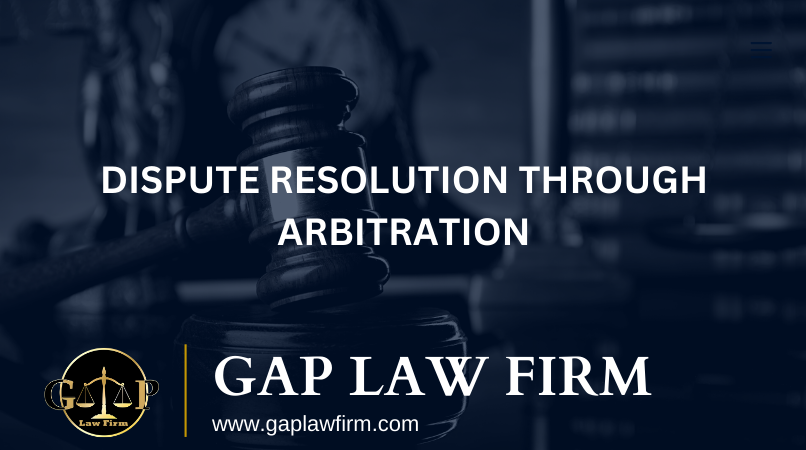CAUSES OF REJECTED INSURANCE CLAIMS The insured who has insured his property or other interests certainly hopes that in the event of …

Before choosing to resolve a dispute through Arbitration or Court, it is better to first understand the differences, so that we know the advantages and disadvantages of using these forums:
- Initiation process
- To begin resolving a dispute through arbitration must be preceded by a notice of arbitration from the Claimant to the Respondent as provided in Article 8 of the Arbitration Law. The Claimant is the party who takes the initial initiative to resolve the dispute through arbitration while the opposing party is called the Respondent.
- dispute resolution through the court, the Plaintiff does not need to give notice to the Defendant that the plaintiff will register a lawsuit with the District Court.
- Inspection/trial fees
- The cost of arbitration depends on the amount of value in dispute, the value is then multiplied by the arbitration fee scale table in the arbitration forum used. In the event of a counterclaim, the party filing the counterclaim will be charged according to the value to be counterclaimed.
- Meanwhile, the amount of court costs depends on the number of parties that are made Defendants/ Co-Defendants because it is related to the cost of summoning for trial. However, court costs are much smaller than arbitration costs. Arbitration fees can reach hundreds or even billions depending on the value of the dispute.
-
Appointment of Arbitral Tribunal/Judge Panel
- The Arbitral Tribunal is appointed by the Parties to the dispute, or if there is no agreement, it is appointed by the chairman of the arbitration body or the President of the District Court.
- The panel of judges is appointed by the President of the District Court or an internal procedure established by the court without the participation of the parties in the appointment of the panel of judges.
-
Trial
- Arbitration hearings are closed to the public. It may only be attended by the parties to the dispute and their attorneys
- General court sessions are open to the public.
-
Length of trial
- The arbitration hearing/examination according to Article 48 of the Arbitration Law shall be a maximum of 180 days from the establishment of the arbitral tribunal and may be extended by agreement of the Parties to the dispute.
- Trials in general courts can take years because they go through several levels of courts, namely the District Court, the Court of Appeal and the Supreme Court.
-
Nature of Decision
- Arbitration awards are final and binding, meaning that they cannot be appealed, cassated and reviewed, and can only be annulled if the elements of Article 70 of the Arbitration Law are met.
- District Court decisions can be appealed to the higher courts, namely the CA and MA, if the losing party or party is dissatisfied with the District Court’s decision.
Artikel Lain :
DISPUTE RESOLUTION THROUGH ARBITRATION Arbitration is a dispute resolution forum outside the public courts, this is as stated in Article 1 paragraph …
DIFFERENCES IN DISPUTE RESOLUTION THROUGH ARBITRATION AND COURT Before choosing to resolve a dispute through Arbitration or Court, it is better to …
Legal Remedies for Cancellation of Arbitration Award The arbitration award is final and binding for the parties to the dispute as stipulated …



